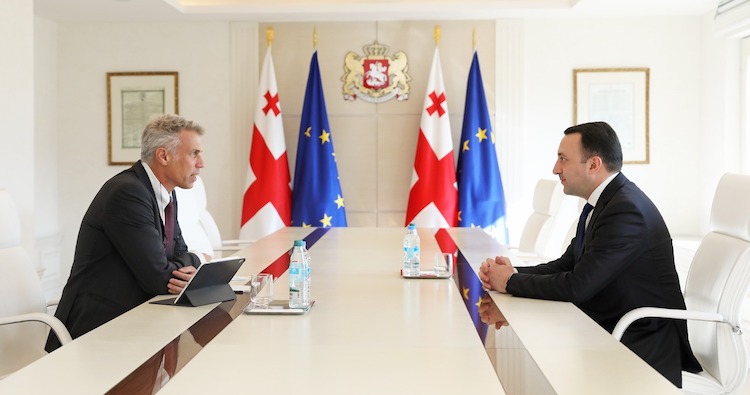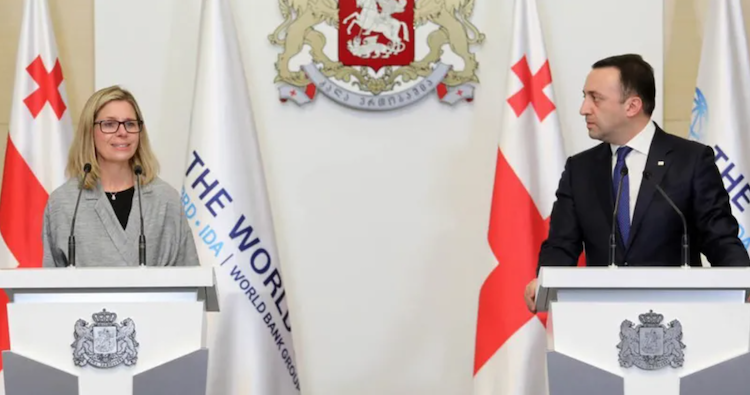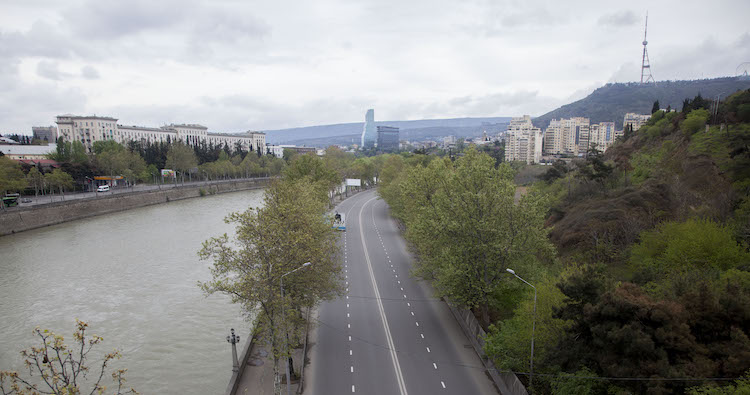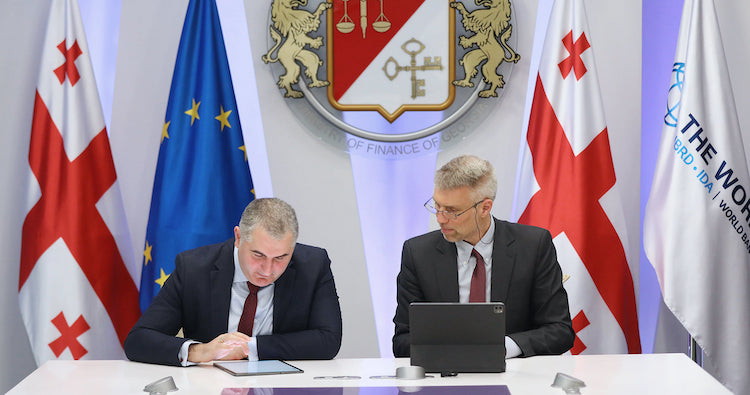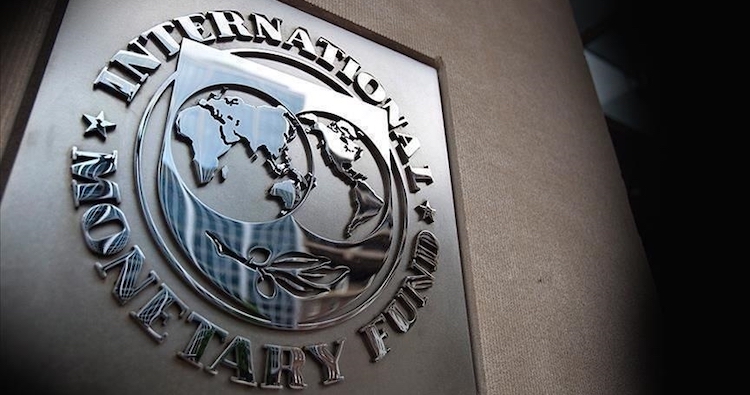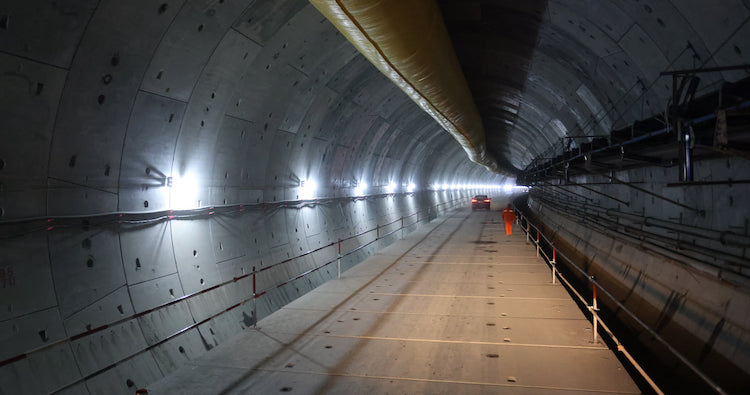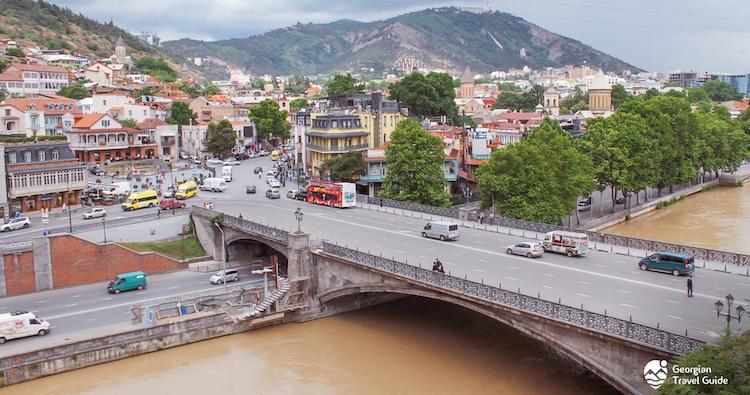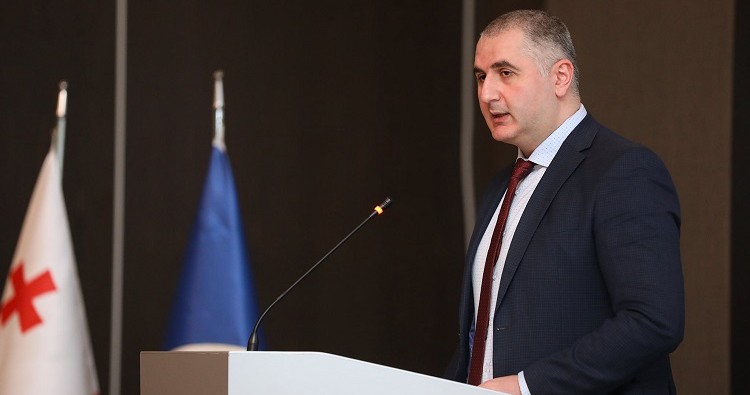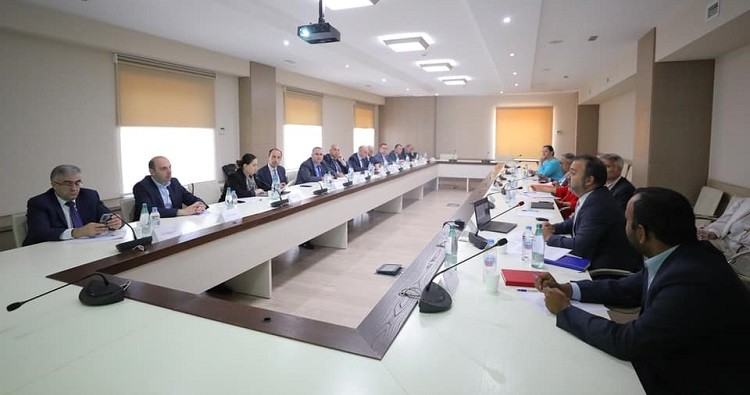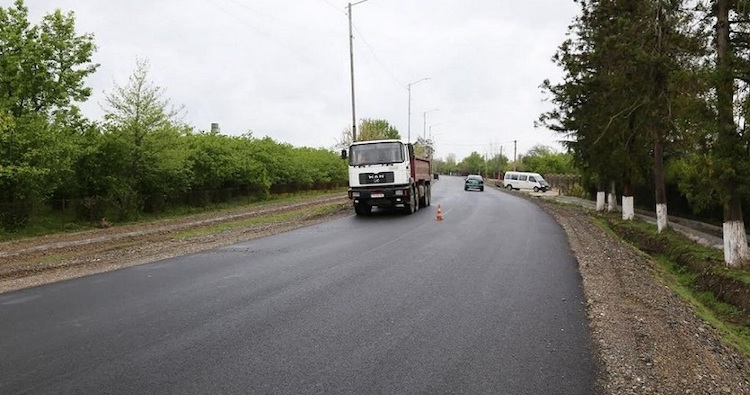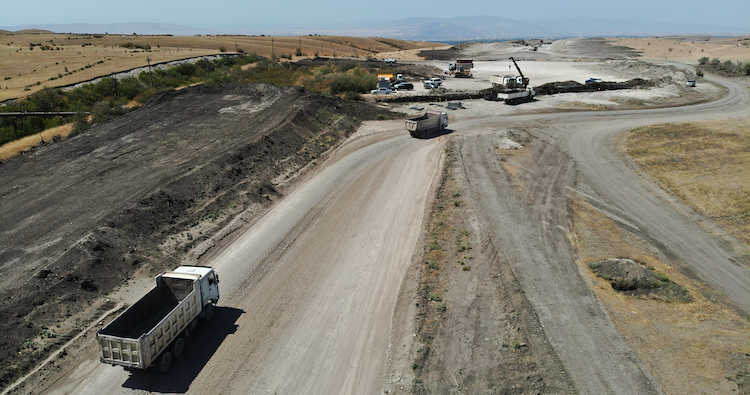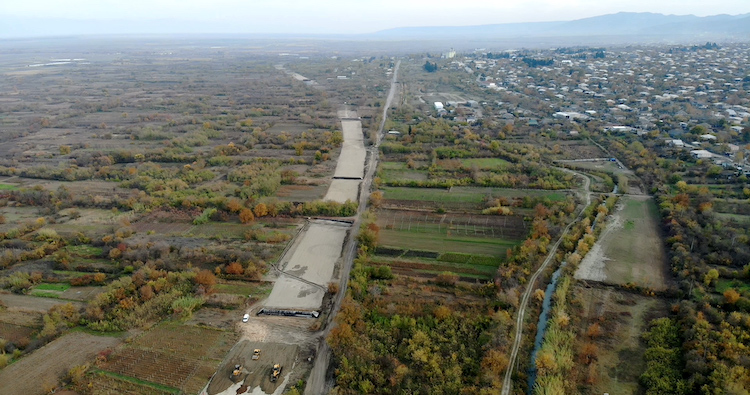World Bank to finance $109 mln highway construction in Georgia's winemaking Kakheti province
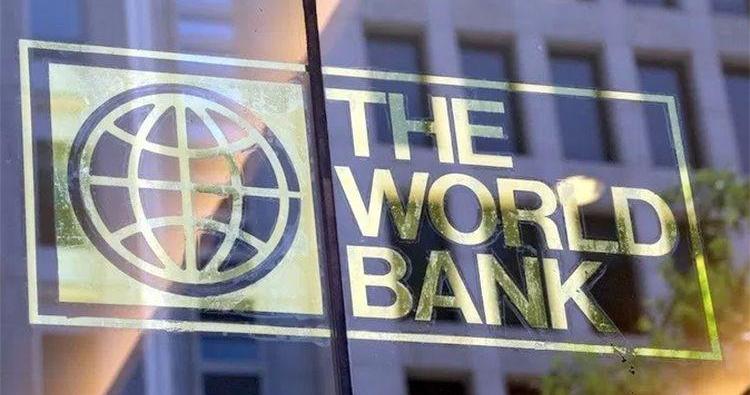
Additionally to the KCIP, the Georgian Government will build the first three sections of this corridor from Tbilisi to Sagarejo, expected to be operational by 2025, “using similar design, construction, fiduciary, and environmental and social safeguard approaches as that of the Bank-financed section,” the World Bank said. Photo: ituc-csi.org
World Bank will finance the $109 million construction project for a 17-km, four-lane, access-controlled highway in the Eastern Georgia’s winemaking region of Kakheti to facilitate connection between the province and the capital Tbilisi as part of the country’s highway network.
The World Bank Board of Executive Directors approved the Kakheti Connectivity Improvement Project (KCIP) on Tuesday, financing the construction of the highway section between the towns of Sagarejo and Badiauri, as part of the Tbilisi-Bakurtsikhe-Lagodekhi highway corridor connecting Kakheti with Tbilisi and the rest of Georgia.
Additionally to the KCIP, the Georgian Government will build the first three sections of this corridor from Tbilisi to Sagarejo, expected to be operational by 2025, “using similar design, construction, fiduciary, and environmental and social safeguard approaches as that of the Bank-financed section,” the World Bank said.
The project aims at increasing freight traffic in Kakheti and making the distance between the region and the capital “shorter and safer,” calling Kakheti a “major agricultural production centre, and the most important wine-producing and exporting region with significant tourism attraction and growth potential.” The KCIP also intends to contribute to the Georgian economic recovery from the global pandemic by creating jobs and facilitating income generation for local traders.
With this project, the World Bank supports Georgia’s aspiration to become a regional transit hub,” Sebastian Molineus, World Bank Regional Director for the South Caucasus, commented on the projects, noting “High-capacity highways are a critical facilitator of Georgia’s economic growth, as they provide firms across industries with more efficient access to markets.”
Irakli Karseladze, the Georgian Infrastructure Minister, said the KCIP would advance the development of the region to a “higher level,” emphasising the importance of the project for Kakheti’s infrastructural, logistical, agricultural and economic development.
The bank has allocated $407 million for rehabilitation of secondary and local roads network, amounting to over $1 billion investment over the last 16 years. Since 2006 and in partnership with the Georgian Government, it has collectively mobilised $2 billion for developing the country’s national highway network.
 Tweet
Tweet  Share
Share

